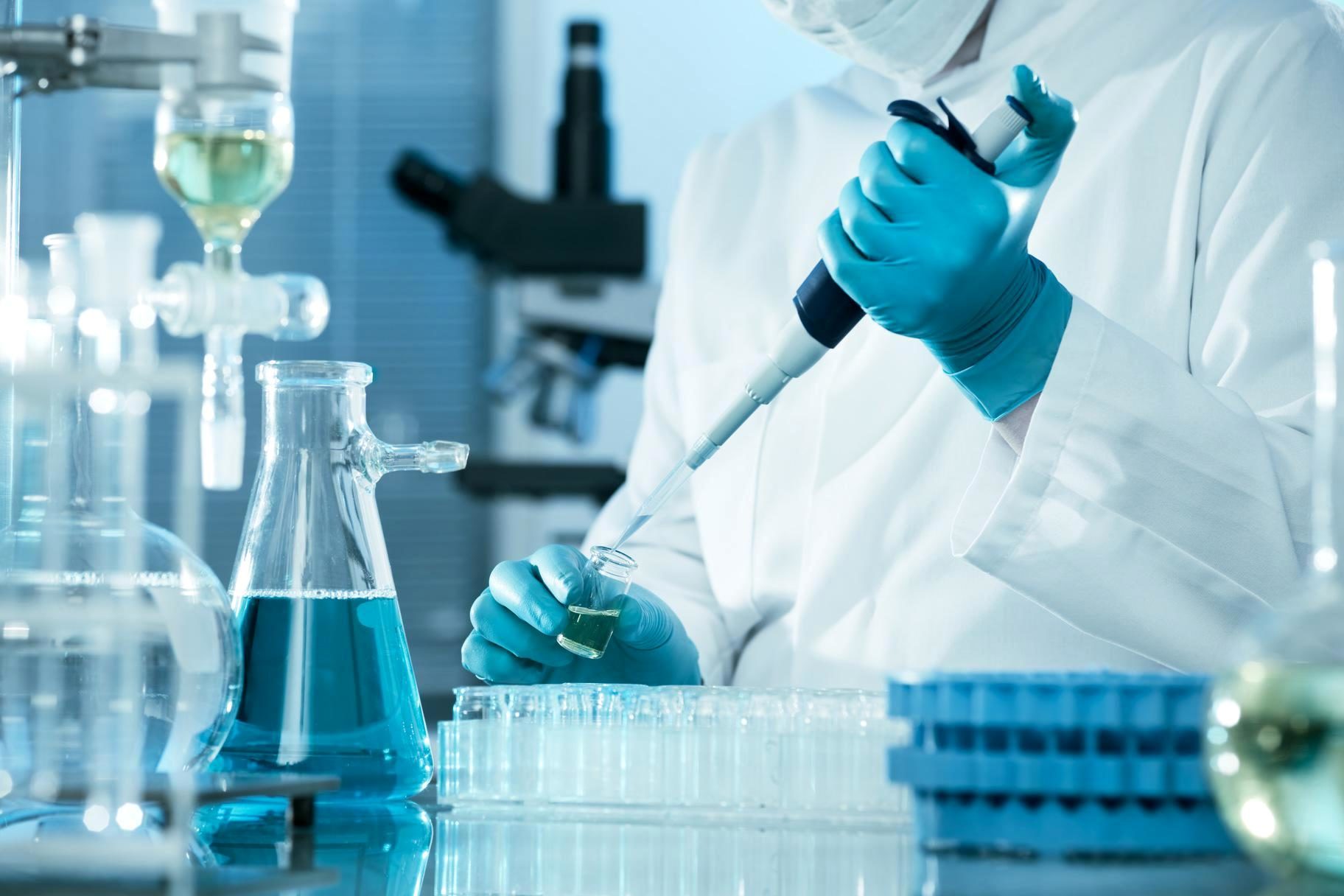JIS B7760 Accelerometer Chemical Safety Test
The JIS B7760 standard is a critical part of Japan's regulatory framework, designed to ensure that electronic components used in vehicles are safe and reliable. This includes accelerometers which play a key role in vehicle safety systems such as airbag deployment, stability control, and occupant protection.
Accelerometers are sensitive devices that can be exposed to harsh environmental conditions during automotive manufacturing processes or in the field. Exposure to chemicals like solvents, oils, and cleaning agents used in production environments can compromise their performance and reliability over time. The JIS B7760 standard specifies a series of tests aimed at assessing the chemical resistance of electronic components including accelerometers.
The test method outlined in JIS B7760 involves exposing the component to various chemicals under controlled conditions, then evaluating its functionality post-exposure. This process helps manufacturers ensure that their products meet rigorous quality standards and can withstand real-world conditions without degradation.
At Eurolab, we specialize in providing comprehensive testing services for automotive components adhering strictly to international standards like JIS B7760. Our team of experts uses state-of-the-art equipment and follows stringent protocols to ensure accurate results every time. By choosing our service, you gain access to industry-leading expertise backed by decades of experience.
Our approach ensures that not only does your product meet regulatory requirements but also performs reliably under all expected operating conditions. We understand the importance of chemical resistance in automotive applications and take pride in delivering consistent, high-quality results.
The JIS B7760 test is particularly relevant for quality managers who need to verify compliance with local regulations; compliance officers looking to ensure suppliers meet necessary standards; R&D engineers seeking to optimize product performance; and procurement professionals aiming to source reliable components. By incorporating this testing into your supply chain, you can significantly reduce risks associated with chemical exposure while enhancing overall vehicle safety.
At Eurolab, we pride ourselves on offering unparalleled precision and reliability in all our tests. Our commitment to excellence extends beyond just meeting standards; it’s about exceeding expectations consistently across every project we undertake.
Why It Matters
The importance of the JIS B7760 Accelerometer Chemical Safety Test cannot be overstated, especially within the context of automotive manufacturing. As vehicles become increasingly sophisticated with more advanced safety features relying on electronics, ensuring that these components remain functional under various environmental conditions becomes crucial.
Chemical exposure is a significant concern given the variety of solvents and cleaning agents used during different stages of vehicle assembly. These chemicals can leach into electronic parts if not properly protected, leading to potential failures in critical systems like airbag deployment or brake control units. Such failures could have severe consequences ranging from minor inconvenience to life-threatening situations.
By adhering strictly to the JIS B7760 standard during manufacturing processes and periodic quality checks, automakers can mitigate these risks effectively. This not only enhances product reliability but also builds trust among consumers who expect safe and dependable vehicles.
Moreover, compliance with international standards like JIS B7760 demonstrates a company's commitment to maintaining high ethical standards in its operations. It signals to stakeholders—from customers to regulators—that the firm takes responsibility seriously when it comes to product safety.
In summary, the JIS B7760 Accelerometer Chemical Safety Test is more than just another quality assurance measure; it represents an essential step towards creating safer and more reliable vehicles.
Eurolab Advantages
At Eurolab, our focus on providing unparalleled chemical safety testing for accelerometers adhering to JIS B7760 ensures that customers receive accurate results consistently. Our expertise lies in understanding both the technical requirements and practical implications of this standard.
We employ advanced equipment capable of simulating real-world scenarios accurately, ensuring that the tests conducted reflect actual conditions faced by your products during their lifecycle. This includes precise control over temperature, humidity levels, and exposure durations—all factors crucial for assessing chemical resistance effectively.
Our team comprises highly trained professionals who possess deep knowledge about automotive electronics and their interactions with various chemicals. They stay updated on latest developments in the field so that they can provide insights beyond mere compliance verification—they help clients optimize their products based on test outcomes, enhancing overall performance and durability.
Choosing Eurolab means partnering with a partner committed to excellence. We offer not just testing services but also valuable advice tailored specifically for your needs. Our goal is to ensure that our customers succeed in every aspect of their business related to automotive electronics.
Use Cases and Application Examples
The JIS B7760 Accelerometer Chemical Safety Test finds application across various aspects of the automotive industry, from initial design stages right through manufacturing processes and maintenance phases. Here are some specific use cases:
- Design Validation: Early-stage validation ensures that new designs will withstand expected chemical exposures without compromising performance.
- Manufacturing Quality Control: Regular testing during production helps identify any issues early, preventing costly rework or recalls later on.
- Maintenance and Repair: Periodic tests allow monitoring of component integrity over time, helping maintain fleet reliability even after years in service.
In addition to these applications, the test results can inform decisions regarding material selection and manufacturing processes. For instance, if certain chemicals tend to degrade specific materials faster than others, manufacturers might opt for alternative materials or modify production techniques accordingly.
Real-world examples include scenarios where vehicles have been exposed to harsh environments due to geographical location or operational requirements. The test results provide valuable data that can guide future design iterations and improve overall product robustness.





